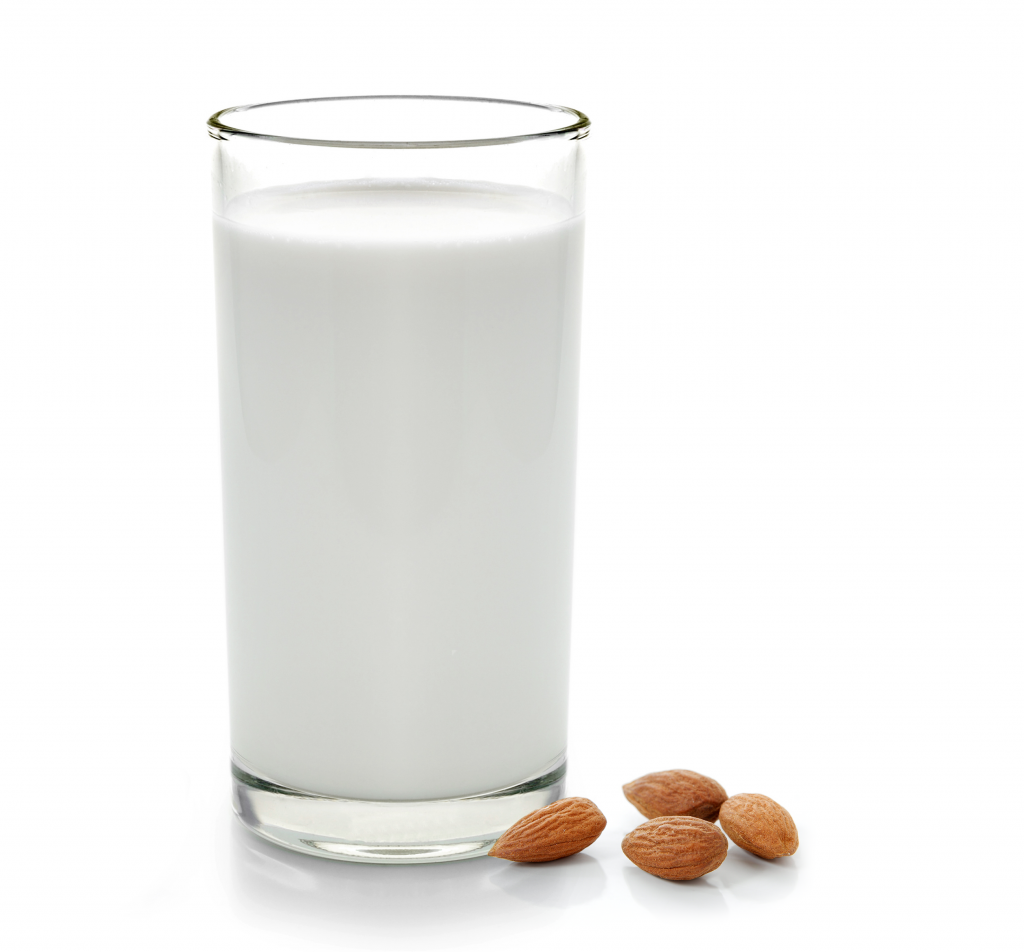Yesterday a team of American researchers unveiled a study linking reduced salt consumption with slightly lower rates of heart disease and stroke. And while we’ve yet to hear cries of vindication from the anti-salt crusaders at the Center for Science in the Public Interest (CSPI), you can bet they’ll use the results to justify their heavy-handed "solutions" to the nation’s salt "crisis." Before they do, here are a few things to keep in mind:
The study’s subjects were selected to participate because they had already been diagnosed as "pre-hypertensive." That means they were at an especially high risk of developing high blood pressure before the trials got underway.
The actual number of heart attacks and strokes among participants was very small, which heightens the possibility that random variables or incomplete follow-up distorted the results.
This is just a single study in a large body of scientific literature on salt. Others have found little or no link between salt intake and mortality.
For CSPI — which has been advocating federally mandated caps on salt content in foods for years — salt really is a four-letter word. But as The Times of London pointed out today in a biting editorial:
[F]ood without salt is like life without wit (Attic "salt" in many lingos). Those who give up Man’s savoury mineral condemn themselves to the seventh circle of Hell, where carnal sinners are rationed to a diet of unsalted porridge and eggs. They may not live any longer; but it will just feel like it.




